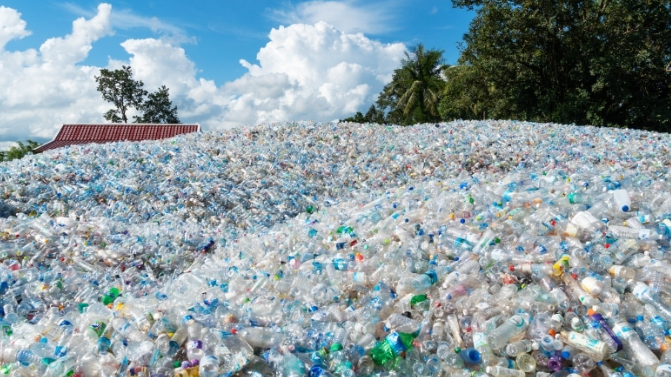In a concerted effort to embrace circular economy principles, India is making significant strides in the management of electronic (e-waste) and plastic waste, underscoring its commitment to sustainability and environmental stewardship.
Regulatory Framework and Ambitious Targets: India’s proactive approach towards e-waste and plastic waste management is underscored by robust regulatory frameworks and ambitious targets. The establishment of a recycling target of 60 percent for electrical and electronic waste by the current year, set to increase by 10 percent every two years, demonstrates India’s dedication to addressing e-waste challenges. Concurrently, the National Circular Economy Roadmap for Reducing Plastic Waste in India signifies a pivotal shift towards circularity in plastic waste management.
Regulatory Compliance and Collaborative Initiatives: The adoption of the E-Waste (Management) Rules, 2016, and Plastic Waste Management Rules, 2016, mandates effective collection, recycling, and disposal of electronic and plastic waste. These regulations emphasise Extended Producer Responsibility (EPR), holding manufacturers accountable for proper disposal. Collaborative efforts between government entities and private enterprises are fostering the establishment of e-waste collection points and recycling facilities across the nation.
Awareness and Education Campaigns: To augment awareness regarding the risks of improper e-waste disposal, extensive campaigns, workshops, and educational programs are being conducted. These initiatives aim to empower individuals and businesses with the knowledge needed for responsible disposal and recycling practices, thereby contributing to environmental sustainability.
Technological Innovations and Challenges: Technological innovations, such as AI-driven sorting systems and biodegradable plastic alternatives, are revolutionising waste management processes, enhancing efficiency, and reducing environmental pollution. However, infrastructure limitations, lack of awareness, and enforcement issues pose significant challenges to e-waste and plastic waste management in India. Addressing these challenges requires integrating the informal sector into formal recycling systems, investing in recycling infrastructure and technologies, and enforcing existing regulations. India’s journey towards a circular economy through e-waste and plastic waste management exemplifies its commitment to sustainable development. By leveraging regulatory frameworks, technological innovations, and collaborative initiatives, India is forging a path towards a greener, more sustainable future.


